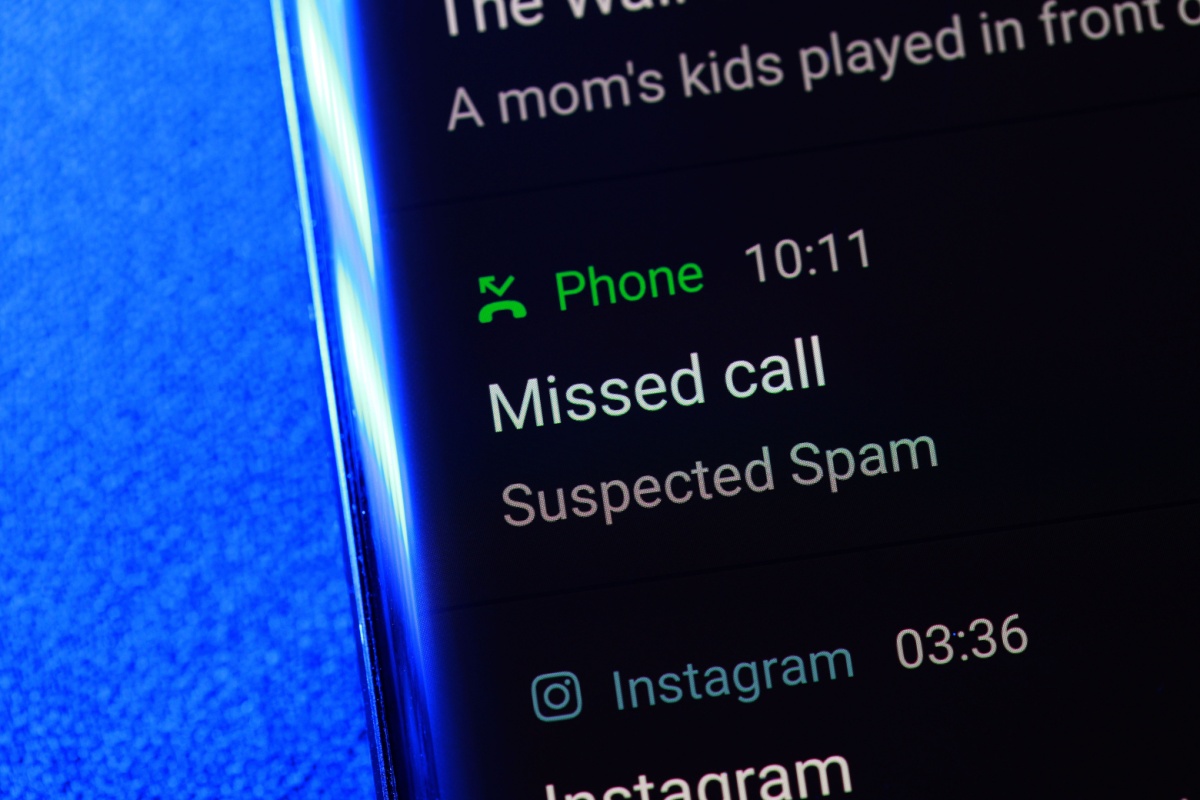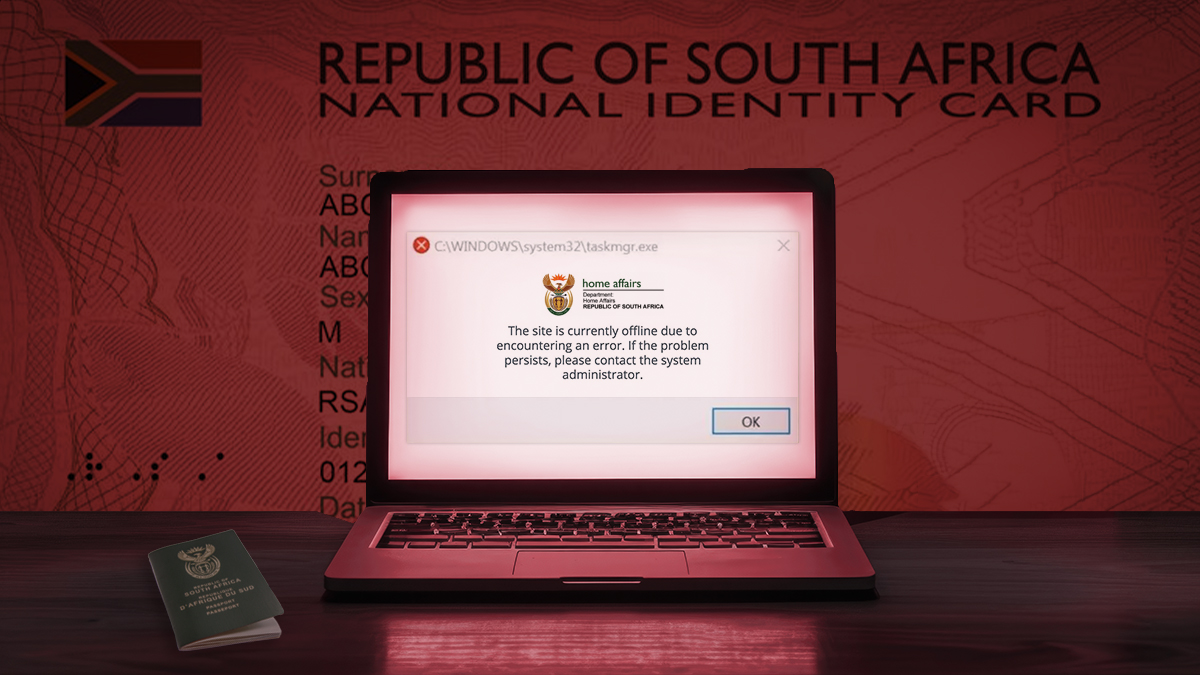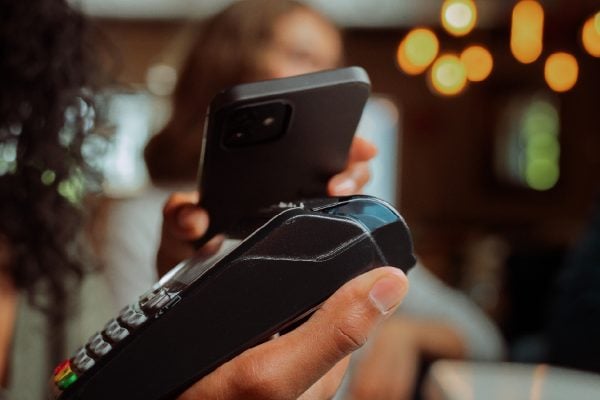Best ways to protect yourself from spam calls in South Africa

The Department of Trade, Industry, and Competition (DTIC) wants to tackle the scourge of spam calls in South Africa, but residents remain vulnerable to receiving unsolicited calls until its plan is implemented.
However, there are several ways South Africans can better protect themselves from spam, including signing up to an existing opt-out registry, installing call screening apps, and being wary of where they submit their contact information.
The Information Regulator raised alarm bells over the trend of relentless unsolicited spam calls in South Africa in early 2024.
Towards the end of the year, trade and industry minister Parks Tau revealed his plans to address the situation — amending the Consumer Protection Act to launch a national opt-out registry for direct marketing.
The registry will give the National Consumer Commission (NCC) a full view of all direct marketers in the country, as they will be required to register and clear their lists of marketing leads to run campaigns.
According to the acting commissioner at the NCC, Hardin Ratshisusu, direct marketers will “clean” their databases by allowing South African residents to opt out of them.
“The Minister of Trade and Industry has published an amendment to the current regulations. The main thing here is there now has to be a national opt-out register that will be managed by the National Consumer Commission,” said Ratshisusu.
However, he indicated that the processes and regulations surrounding the register and the registration of telemarketers are still being developed. The DTIC is targeting a launch in the 2025/26 financial year.
Until then, South Africans can use call-screening apps like TrueCaller or Hiya, sign up for DMASA’s registry, and be wary about where they provide their contact information.
While the DMASA registry will likely provide residents with some protection from spam calls, it isn’t a silver bullet, as only DMASA members are mandated to use it.
The register lets you submit your personal details online, and doing so will inform DMASA members that they must not be contacted for marketing-relating communication.
Registration remains valid for three years, after which residents must resubmit their details.
If DMASA members continue to spam registered people with calls after a six-week waiting period, these individuals can report them to the NCC.

Another effective way to protect against spam calls is to avoid signing up for loyalty programmes and free public Wi-Fi hotspots with legitimate contact details.
Companies often use these services as data-collecting mechanisms to gather information about their customers and their habits for marketing purposes.
Carefully check the permission boxes at the end of public Wi-Fi sign-ins. It’s often not possible to access free public Wi-Fi hotspots without opting into some form of direct marketing and providing contact information.
However, it is sometimes possible to dupe these systems by using a made-up name, cellphone number, and email address.
One of the most common forms of spam call protection is using call-screening apps like TrueCaller, Hiya, and Call Control.
These kinds of services keep a database of telephone numbers, along with reports of spam or scams related to each number if they’ve been reported.
This can prevent you from answering a spam call, as they will inform you whether the number calling has been flagged as spam. Users can then use the app to submit their own reports and block spam callers.
While a monthly subscription may be required, some call-screening platforms also have number lookup capabilities for scenarios where you want to check a number that wasn’t flagged as spam.
































